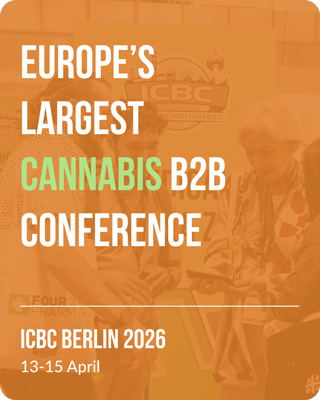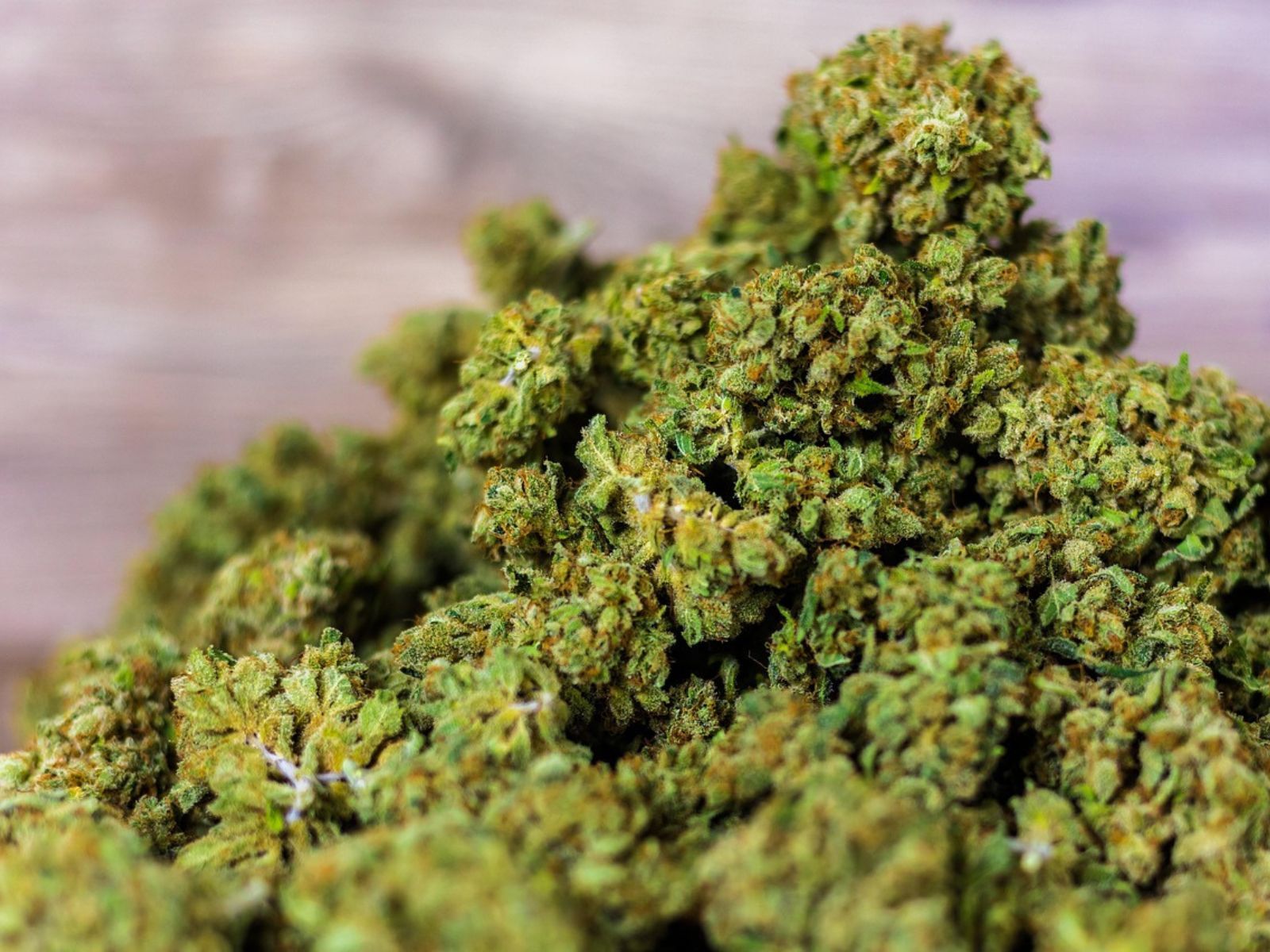
Canadian Cities Testing Sewage to Determine Use of Cannabis and Other Drugs

Canadian Cities Testing Sewage to Determine Use of Cannabis and Other Drugs
If you thought you could hide your drug use forever, you’re in for a surprise.
One of the problems with analyzing the drug war has long been the ability to accurately measure what drugs people are using and in what quantities. Unsurprisingly, people are hesitant to divulge their true habits when it comes to surveys and self-reported self-medication. Be it for health or recreational purposes, drug use is pretty personal.
One way scientists have gotten to the bottom of this informational problem is to search the public database that is our sewage system. By taking samples of municipal raw sewage, public health officials can discern all kinds of information about what a population is putting into its body.
Now, that practice is being employed by Canadian officials in six major cities – Edmonton, Halifax, Montreal, Toronto, Surrey and Vancouver – to find out how cannabis legalization in that country this summer is truly going to affect use rates.
It’s not a new concept – several countries in Europe, New Zealand and Australia all do extensive data collection for controlled substance use this way. Dan Burgard of Tacoma, Washington, was given a grant by the National Institutes of Health to study the effect of legalization in Washington after 2014, but he suggests that results for cannabis consumption are difficult to obtain.
“Estimating total marijuana use was harder. (Burgard) struggled with a number he calls the excretion factor: the relationship between how much cannabis someone consumes and how much THC they excrete.
“Researchers have studied this consumption-excretion relationship for marijuana, Burgard says, but, it’s not always clear how closely laboratory test results would correspond to real-life use. In some experiments, participants receive intravenous injections of THC, and that’s quite different from the smoking, eating or vaping that most people partake in. ‘I’m not sure the last time you hung out with stoners, but nobody seems to be injecting pot these days,’ he says.
“…Also, given that wastewater testing primarily samples liquids, not solids, it only provides a small window into all the cannabinoids that exit when you use cannabis. The majority of the chemical evidence of marijuana consumption appears in poop…especially if partaking involves edible, rather than inhaled, forms of cannabis.”
The efficacy of testing sewage for cannabis seems to still be evolving, but don’t be surprised if you hear more about this method coming down the pipe in the future.
Come see and hear all about Canada’s progress toward adult-use cannabis legalization this summer! The International Cannabis Business Conference is coming to Vancouver, BC, Canada on June 24-25, bringing together global leaders and entrepreneurs in cannabis enterprise! Make your plans now – tickets are on sale!
Share article
Ticket Prices increase
JANUARY 28

Ticket Prices increase
JANUARY 28

Ticket Prices increase
JANUARY 28
Join Our Awesome Community
Join Our Awesome Community
Join Our Awesome
Community
Get all the latest industry news
delivered to your inbox







